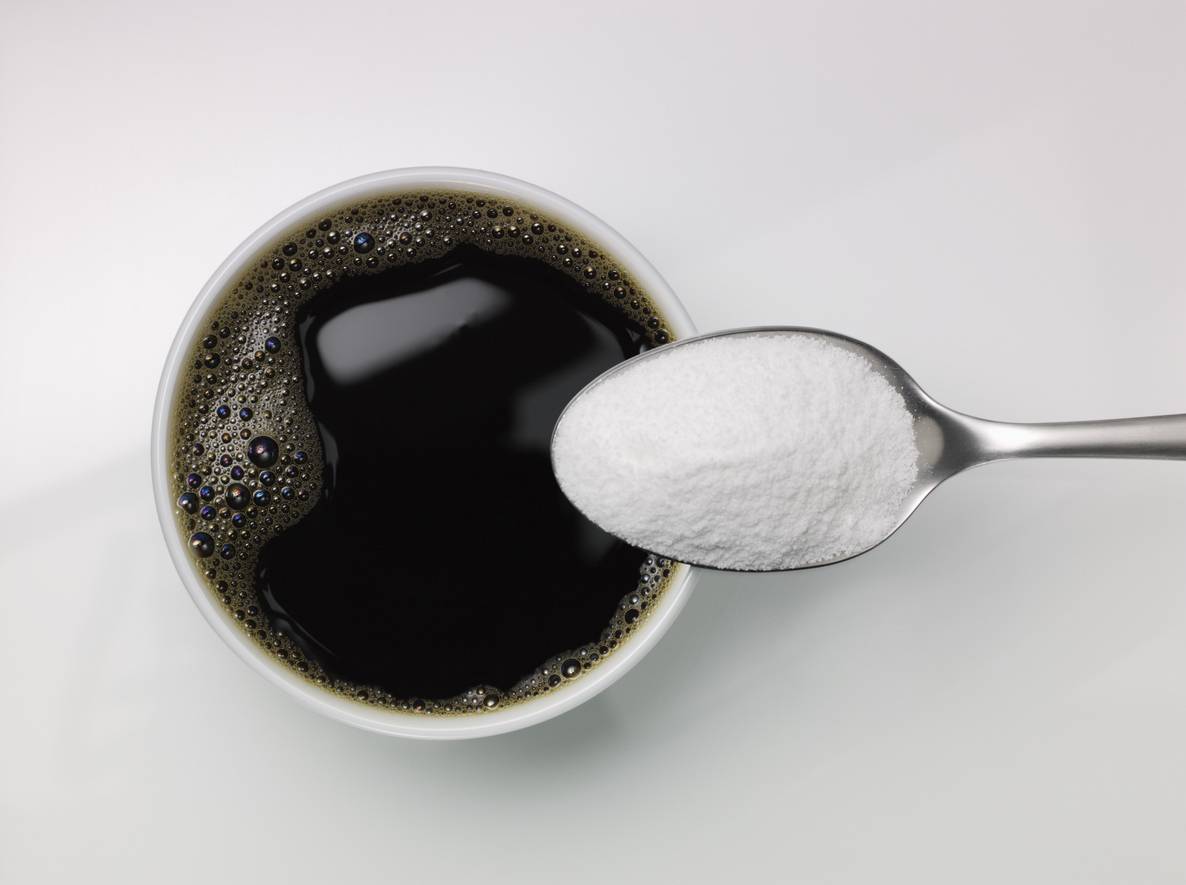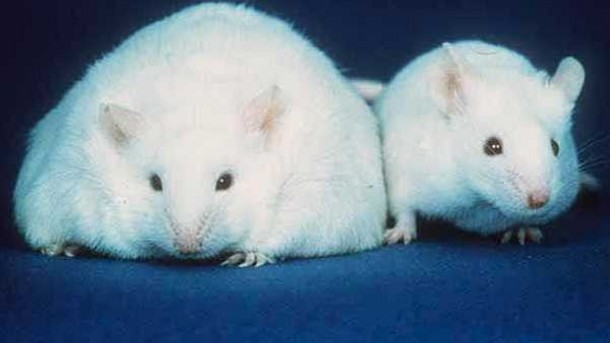The Big Fat Lie Behind Artificial Sweeteners.

Sugar free products have increased in popularity in the recent years in effort to reduce calories and induce weight loss, but recent studies have proven the exact opposite is happening.
What you need to know
- Zero calorie sugar reduces insulin sensitivity
- Saccharin and aspartame both trigger greater weight gain than sugar consumption even when the total caloric intake remains the same
- Sugar free products reduce the amount of good bacteria in your intestines by 50%
- Those who consumed diet soda were more likely to gain weight than those who consumed naturally sweetened soda
- 15% of sucralose is absorbed into your digestive system and according to a recent study it is also absorbed by your fat cells
- Aspartame contains the chemicals phenylalanine and aspartate both of these substances increases fat storage.
What are artificial sweeteners?
Artificial sweeteners are synthetic chemicals usually produced in a laboratory. These types of sugar molecules do not occur in nature and therefore your body does not possess the ability to properly metabolize them.
Popular Sweeteners
- Aspartame: Equal®, NutraSweet®
- Cyclamate: Sugar Twin®, Sweet’N Low®, Sucaryl®
- Sucralose: Splenda®
- Steviol glycosides: Stevia, Truvia®, Krisda®, Pure Via®

Effects on your body
Research over the last 30 years has proven that artificial sweeteners impair appetite regulation, increase cravings for sweets, change gut bacteria composition and produce a variety of metabolic dysfunctions that promote fat storage and weight gain
Damages Appetite Regulation
Artificial sweeteners do not activate the food rewards pathways in the brain.
as a result,
- Satisfaction feelings aren’t triggered and feeling of fullness doesn’t happen
- Artificial sugar doesn’t release dopamine, therefore your brain doesn’t get a feeling of reward that comes with natural sugar.
As a result, your body keeps waiting for the calories to come and the sensation of hunger remains.
- MRI’s have shown that the appetite suppression brought about by real sugar doesn’t happen with artificial sweeteners
Example: When you eat a burger your body will release chemicals of satisfaction and fullness, which is why you don’t continue on eating 20 burgers, with artificial sugars your body doesn’t send these chemicals, therefore there is nothing to tell you that it’s time to stop eating.
Increased Cravings
Artificial sweeteners trick your body into thinking that it’s going to receive sugar (calories) but when the sugar doesn’t come, your body continues to signal that it needs more, which results in carb and sweet cravings
Thus,
Eating foods laced in artificial sweeteners, results in a vicious cycle of increased cravings and sugar dependence
- Artificial sweeteners increase your appetite for sweets and carbs
- With zero calorie sweeteners you remain hungry and crave more sweets and your body stores more fat
Reduced Gut Bacteria
Studies have shown that artificial sugars can reduce the beneficial bacteria population in your gut.
- Causing dramatic shifts to your bodily functions, causing pre-diabetes and obesity.
Glucose Intolerance
Scientists found that mice that drank water with the artificial sweeteners saccharin, aspartame, and sucralose developed glucose intolerance (insulin resistance).
Unsurprisingly a group of mice fed just plain water didn’t develop glucose intolerance but neither did a group of mice fed water with regular sugar.
- Glucose intolerance often leads to larger illnesses, such as type 2 diabetes or metabolic syndrome (increased blood pressure, high blood sugar level, excess body fat around the waist and abnormal cholesterol levels)
Rat study: Effects of Artificial Sweeteners
- Rats fed artificial sweeteners consistently gain more weight than rats who are fed with glucose or sucrose
- Additionally, the rats don’t tend to lose the excess weight even after their diets are switched back to glucose or sucrose
- Rats who had been fed article sweeteners before their meal did not compensate for the extra calories by eating less chow, while rats who had been fed sugar compensated for the extra calories by eating less chow.
Summary
In Summary, despite the popularity of Artificial Sweeteners, recent research has caused us to think twice when looking for Sugar-Free alternatives to still enjoy what we eat.
The effects of Artificial Sweeteners has been much of a mystery, however recent research has shown long term harmful effects.
Despite the common knowledge of regular sugar being harmful to the body, Artificial sweeteners can also be seen to have long-term adverse effects on our body. Zero calorie sweeteners have a profoundly negative effect on appetite regulation, metabolic dysfunction, and gut bacteria composition.
When Studied on Rats, artificial sweeteners had a overwhelming negative effect on the overall health of the rats in comparison to rats fed glucose or sucrose. Staying away from Sugar, and Artificial Sweeteners seems to be the best alternative.
In addition, despite the Popularity of Sugar free drinks sticking to Water as often as possible will keep you healthier. This is always beneficial to our body without any adverse effects and prevents us from adding in any unneeded empty calories or putting chemicals into our body.
References
Yang, Q. (2010, June). Gain weight by “going diet?” Artificial sweeteners and the neurobiology of sugar cravings. Retrieved from https://www.ncbi.nlm.nih.gov/pmc/articles/PMC2892765/
Mercola. (2012, December 04). Artificial Sweeteners Cause Greater Weight Gain than Sugar, Yet Another Study Reveals. Retrieved from http://articles.mercola.com/sites/articles/archive/2012/12/04/saccharin-aspartame-dangers.aspx
Mercola. (2014, December 23). How Artificial Sweeteners Confuse Your Body into Storing Fat and Inducing Diabetes. Retrieved from http://articles.mercola.com/sites/articles/archive/2014/12/23/artificial-sweeteners-confuse-body.aspx
Chan, T.H. Artificial Sweeteners. Retrieved from https://www.hsph.harvard.edu/nutritionsource/healthy-drinks/artificial-sweeteners/










